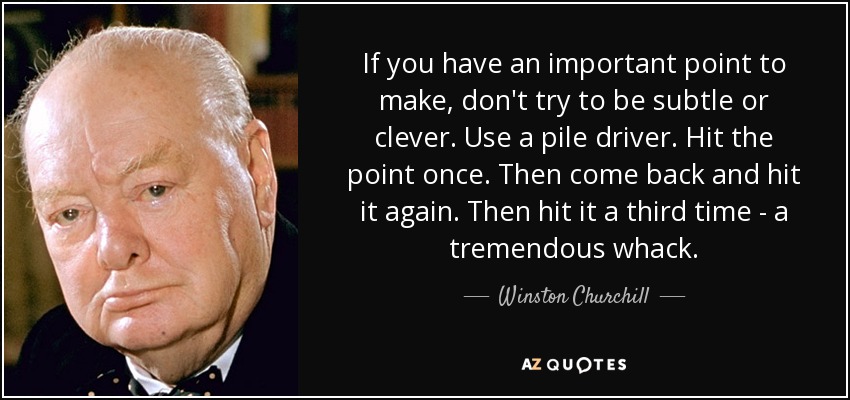Is Jonathan Edwards correct that people aren’t objecting to psychological and exercise as treatment CFS research per se? I thought the MEA petitioned stop the trial before it started, not just out of concern for the quality of the science but at it seeming a very bad way to focus limited funds given what we know about the illness and the underlying premise of the CBT model. Kinda like we have £5m to advance Alzheimer’s, how about a massive study on brain training app.
If the MRC proposed more funding for psychological therapies or simplistic exercise yourselves well despite PEM, whilst continuing to starve biomedical research, especially ones based on ideas of correcting unhelpful beliefs, I’d be furious regardless of including actigraphy, proper blinding etc. I wouldn’t object to something in the proportion of what happens with MS, millions spent on biomedical research and the odd hundred grand looking at counseling, useful CBT or adjustment support.

